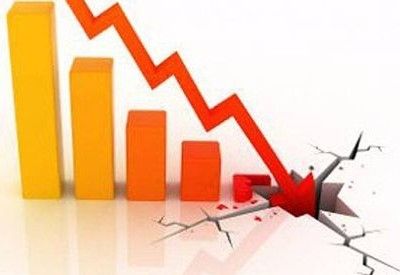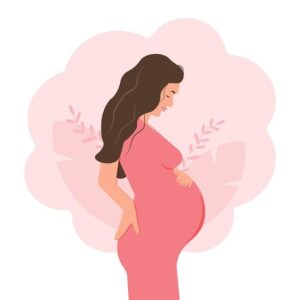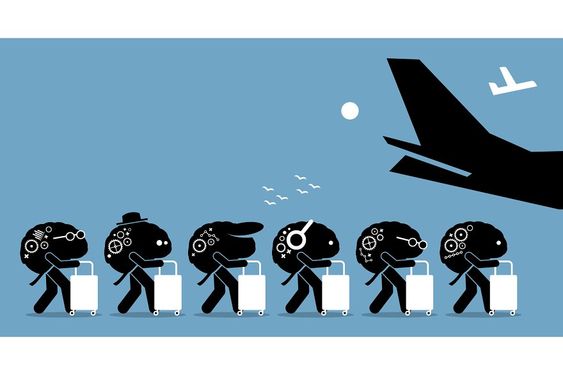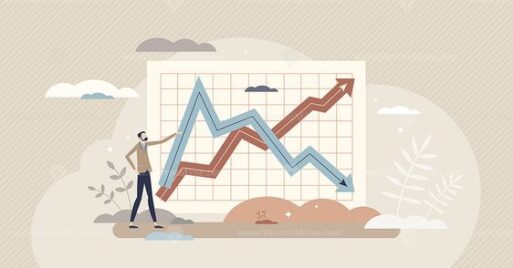Presenting the problem of unemployment
Greece, like many other countries, is struggling with problems related to the labor market. Even though the unemployment rate is the lowest since 2009, it is still as high as 11.6%, which makes it one of the highest in the European Union. For example, the percentage of unemployment in Poland, according to data from January 2024, is 2.9%, which is as much as 8.7% less than in Greece. Young Greeks have trouble finding a permanent job, many of them do not stay in one position for more than a year, which increases the average unemployment rate.




1. Numerous mistakes by the Greek government related to the conversion to the euro. Greece’s historical currency is the Greek drachma, which was in circulation until 2002. Unfortunately, it was exchanged at a rate of 340,750 drachmas per euro. This resulted in a financial crisis, partial collapse of the Greek economy, and loss of trust in the Greek leadership.
Problems with work efficiency
2. Economic non-competitiveness. The labor productivity of Greeks is not high enough to meet the conditions for repaying debts to the European Union, and the ability to produce and sell on foreign markets is also not sufficient for Greece to take a significant place on the European sales market.



Complicated procedures
3. There are too many regulations and complicated procedures in Greece, which make it difficult for people to start new businesses and create jobs. Moreover, there is too little investment in building new roads, bridges and other important things that could create new employment opportunities for people.
An aging society in Greece
There are more and more older people in Greece and fewer young people who work. This is because people are living longer and fewer children are being born, so the proportions are changing.
Factors influencing population aging:
1. Improvements in health care and living conditions have contributed to extending the lifespan of Greeks. Thanks to better medicines, access to medical care and greater health awareness, people are less likely to die from diseases that were once fatal. For example, thanks to vaccinations and better diagnostics, infectious diseases can be prevented or treated more effectively. People also have access to better care for chronic diseases such as diabetes and heart disease, allowing them to live longer and enjoy better health. As a result, more people reach the later years of life, which translates into more older people in society.




Birth rate
2. The low birth rate means that families in Greece have fewer children. There are many reasons for this trend, such as changes in lifestyle, increased education of women, delayed decision-making about motherhood and changes in the economy. When fewer children are born, the number of young people in society decreases because new generations are not as numerous as earlier ones. At the same time, older people who live longer continue to be present in society, resulting in an increase in the proportion of older people in the general population. This means that in the future there will be more elderly people than young people, which has an impact on various areas of society, such as the pension system, health care and employment.
Emigration of young people
3. The emigration of young people from Greece in search of better professional opportunities abroad has had a major impact on the age structure of society. Young people who leave the country often leave for longer or permanent periods to look for work or further education. This leads to a reduction in the number of people of working age in Greece, i.e. those who work and pay taxes. At the same time, older people, who often do not leave or return to the country after completing their professional activity, remain in a larger proportion in society. As a result, the emigration of young people contributes to an aging society because it leaves more older people in society who require care and support and fewer young people who could contribute to the country’s economic and social development.



The work was performed by:
1. Adam Skibiński
2. Fabian Walczak
3. Jakub Aulak
4. Aleksandra Zawadzka
5. Maja Dębkowska

